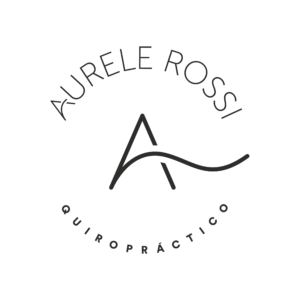To provide the best experiences, we use technologies like cookies to store and/or access device information. Consent to these technologies will allow us to process data such as browsing behavior and unique IDs on this site. If you do not consent, or if you withdraw your consent, this may negatively impact certain features and functionality.
Technical storage or access is strictly necessary for the legitimate purpose of enabling the use of a specific service explicitly requested by the subscriber or user, or for the sole purpose of carrying out the transmission of a communication over an electronic communications network.
Technical storage or access is necessary for the legitimate purpose of storing preferences not requested by the subscriber or user.
Storage or technical access that is used exclusively for statistical purposes.
Storage or technical access used exclusively for anonymous statistical purposes. Without a request, voluntary compliance by your Internet service provider, or additional records from a third party, information stored or retrieved solely for this purpose cannot be used to identify you.
Technical storage or access is necessary to create user profiles for the purpose of targeting advertising, or to track the user across a website or multiple websites for similar marketing purposes.


